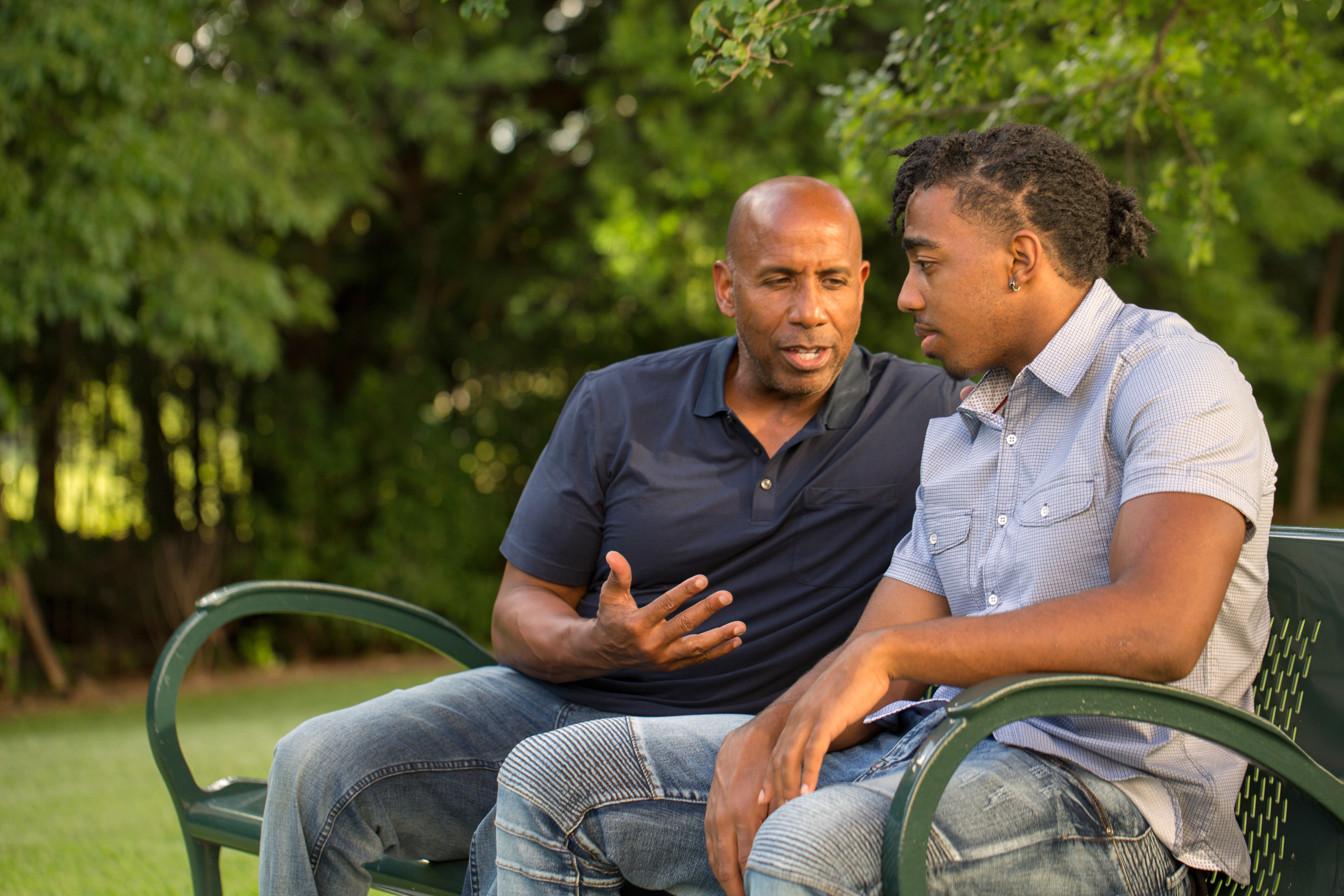Some lawyers will work hard to prep their client for a custody evaluation, and they may use a psychologist to coach their client based upon the lawyer’s knowledge of how the evaluator operates. Although this isn’t unethical, I don’t believe it’s a wise path to take. A good evaluator can easily determine if someone has been coached.
How does an evaluator know if you’ve been coached?
There is a certain bandwidth of behaviors that evaluators anticipate and expect in each person. The evaluator regularly examines whether or not the person is giving a presentation that is consistent with who they are as a person. Many evaluators will administer psychological tests to determine a variety of information about each person. The testing results will also help the evaluator determine a person’s typical behavior. If they present themselves as a very different person than the testing shows, it’s a clear indicator that they are withholding their true personality. But whether or not psychological testing is performed, most evaluators are sophisticated enough to clearly identify when a client gives a presentation that does not accurately demonstrate who they are.
Evaluators understand that everybody will naturally try to create a positive image and presentation. That’s okay. We expect you to present yourself in a positive manner. What’s not okay is to create an image other than who you are.
This is your one chance – do it right.
One of your main goals is to present your information honestly and accurately so the evaluator will truly believe you. The custody evaluation is your opportunity to express all of your concerns and provide an accurate presentation of what you believe is best for your children. But, if you’ve created a presentation that does not reflect who you really are, you might have ruined your opportunity for the evaluator to believe what you tell them. This is a major opportunity for you to get your point across – don’t blow it.
As I often tell people, nobody comes into my office popping open a bottle of champagne. Meeting with the custody evaluator is never the happiest day of their life. In fact, nobody really wants to be there. A custody evaluation is an incredibly intrusive, difficult, and painful process. But, it’s very important to be who you are. If you are angry, be angry. If you are upset, be upset. If you are depressed, be depressed. You must give the custody evaluator an opportunity to see you for who you are. Don’t try to skew it.
In conclusion
If a lawyer offers you coaching before your custody evaluation, I encourage you to decline it. Instead, let me give you some advice: be yourself and be honest. Also, don’t spend the entire time throwing your former partner under the bus – that’s not what a custody evaluation is about.





